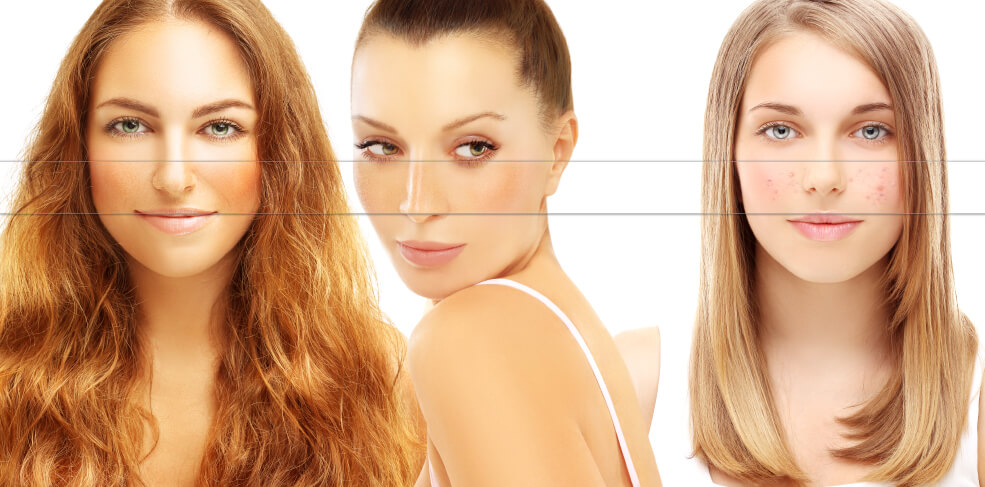Eczema Treatment
Eczema-Ltd III is an excellent treatment for the skin and to prevent the redness and inflammation and itching, that is related to eczema. The treatment of eczema can be both an Eczema Treatment and Lifestyle Changes to resolve the eczema symptoms. Compare your past Eczema Treatment with Eczema-Ltd III
Eczema-Ltd III has No Side Effects while changing the appearance of the eczema patient's skin condition.
Unsuccessful treatments that you may have tried in the past:
- Corticosteroid creams are too often prescribed to when a lesser product can solve the problem without the side effects of corticosteroids. The corticosteroids creams decrease the inflammatory reaction in the skin.
- And sometimes if itching is severe, oral antihistamines are prescribed and if sedative type of antihistamines is prescribed such as diphenhydramine of the brand name of Benadryl.
- At times several days of oral corticosteroids such as prednisone are prescribed to control an acute outbreak of eczema. The corticosteroids can have a very harmful side effect.
- Also Cyclosporine (oral immunosuppressant prescription drug) has been used occasional.
- Ultraviolet light therapy has provided some relief for some people with eczema.
- Elidel (immune suppressant drugs) have received severe warnings by the FDA and are being removed from the U.S. drug market due to the irritation to the skin and research studies linked Elidel to cancer cell formation. In other countries, Elidel should not be used either except for a short term period to control symptom. Elidel should not be used on eczema patients who have compromised immune systems.

The diagnosis of eczema can be made more difficult by the similarity of other skin conditions to eczema such as psoriasis, seborrheic dermatitis, acne, and rosacea. And to make treatment more challenging, all of these skin conditions have various sub-types that make the final diagnosis and effective treatment more complicated.

If your skin condition is located in the facial area, you may be suffering from rosacea, acne, and seborrheic dermatitis, atopic, or contact eczema. Understanding the differences in these conditions can make the treatment of your skin condition more effective. Making this process even more difficult is the fact that you can actually suffer from more than one skin condition at a time.
Rosacea is a skin disorder that can be confused by dermatologist and patients as the redness and irritation looks like some of the same symptoms of the eczema rash and redness. Some of the blotchy red areas with small papules appear like some of the symptoms of eczema.
Rosacea usually begins with frequent flushing of the face, particularly the nose and cheeks. The swelling and redness of the blood vessels under the skin causes this facial flushing. This "red mask" can serve as a flag for attention. You can learn more about rosacea, its symptoms and management of rosacea from the International Rosacea Foundation. Some eczema patients also have facial rosacea and ocular rosacea and may wish to learn from our Rosacea-Ltd IV web site. Rosacea-Ltd IV effectively improves the appearance of rosacea symptoms as well as eczema symptoms as the ingredients are the very same.
